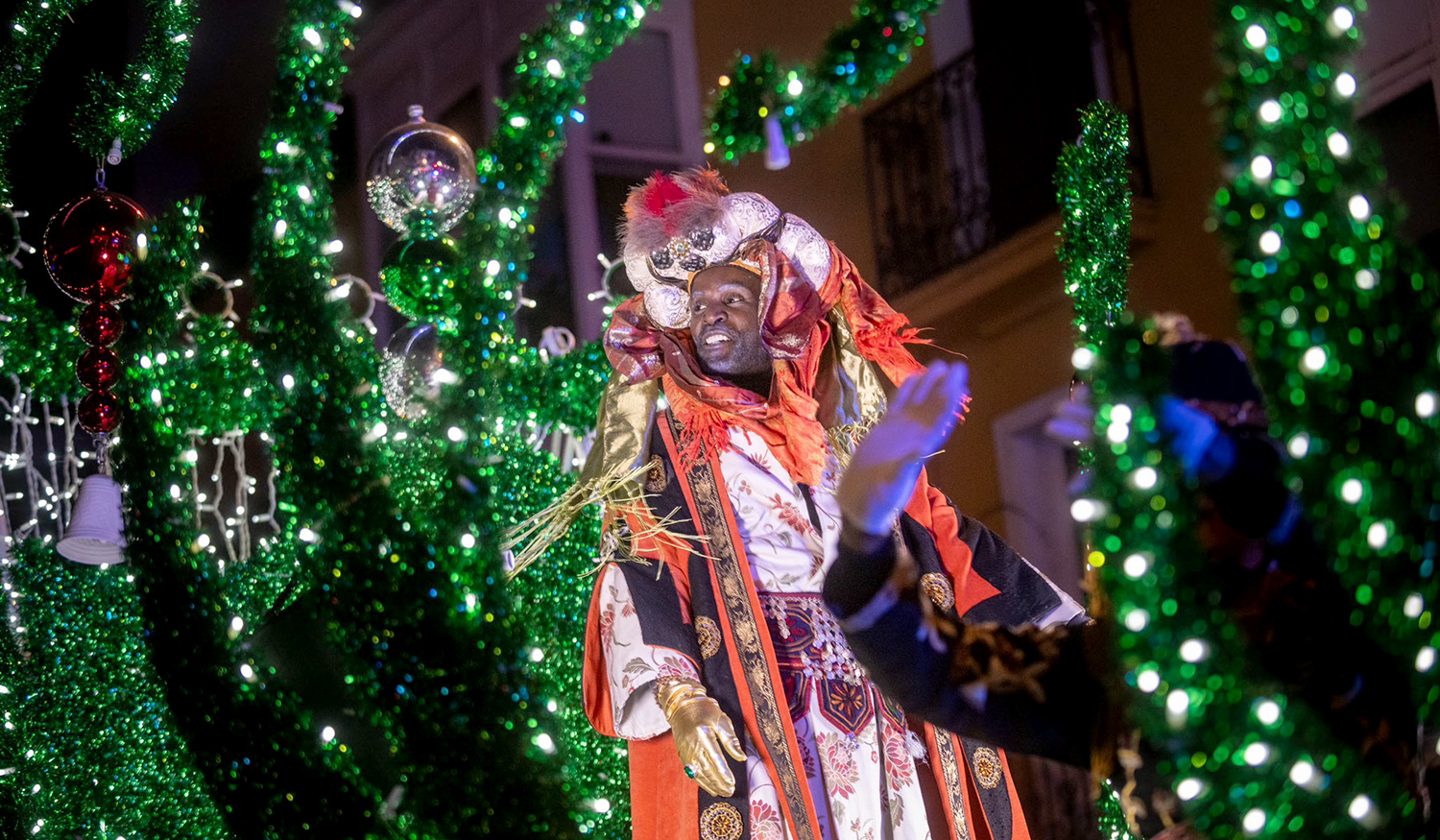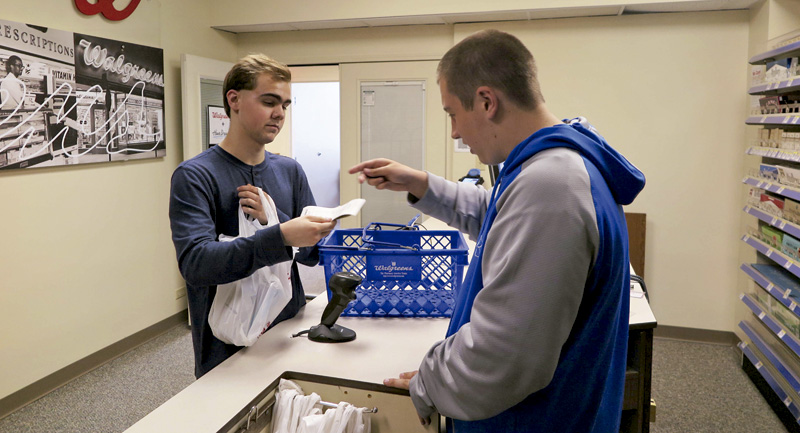"You always ask what's different to change."
- “Whoever is different is asked to change and adapt, but it is necessary to know to what extent the two parties are willing to respect them.” The two autistic women interviewed by the BBC have told what they ask of society, rather than explaining how autistic people socialize, because understanding is a two-way issue.

On the occasion of International Autism Day on 2 April, the BBC is publishing a colloquium between the autistic Montse Navarro and Neurodivergent. Autism is an autism spectrum disorder that affects communication, language, and social relationships.
Both Navarro and Neurodivergent have pointed out that, in order not to be discriminated against, they have to try to adapt constantly, but even the non-autistic, the neurotypical, have to ask themselves what they can do themselves. “My communication is not what a neurotypical person has, and that’s why there are so many misunderstandings. I’m not very careful when saying things, sometimes I find it pedantic,” says Navarro, but he says it’s important to know how to hear what autistic people want to communicate: “If I can understand my cat when she’s hungry, you can also communicate with a person, even if she has a disability. But you must be willing to communicate it in the way that you can communicate.”
For example, Navarro has acknowledged that socialization makes him tired, and that there are people who misunderstand him. “You see, I start to get a bad face and you think I get a bad face, and no, I just start getting tired. It's not something I choose. I'd like to be good all day, but I get tired. And not only do I socialize, but I offer a great effort and intensity to everything.”
Knowing how to “liberate” autistic children
What do you ask parents for? Give them love, “but not for what can be an autistic child, but for being as it is. If not, the child grows thinking that he does not deserve love if he does not make some accomplishments.” It is also important to know how to liberate the children, “although I know it is scary,” says Navarro: “Any excuse is good for not releasing a child with disabilities, failing to make mistakes and making decisions.”
And what do you ask of affective sexual intercourse? “It seems that because you have a disability you can’t have sex with someone else,” says Neurodivergent, “they want to make you see that you’re not going to have partner relationships, and as that world hides you, I think we’re the group that has the most chances of suffering abuse and cruel relationships. My first couple controlled me, but I didn’t see anything weird, because no one explained the social norms inside the couple.”
They ask their partners not to behave as paternalism, as they are often infantilized, making decisions on their own behalf.
Berrogei urte dira Euskal Herrian autismoaren inguruko lehen azterketak eta zerbitzuak hasi zirela. Urte hauetan asko aldatu da autismoaz dakiguna. Uste baino heterogeneoagoa da. Uste baino ohikoagoa. Normalagoa.
“Normaltasun” parametroak betetzen ez dituenaren gaitasunak zalantzan jartzera ohituta dagoen gizarte honetan, lezio ederra eman du Bryan aita-bakarrak: munduari erakutsi nahi izan dio Asperger sindromea duen arren eta zailtasunak zailtasun, gauza dela haurra... [+]
Autismoaren Nazioarteko Eguna da apirilaren 2a. Autismoa duten pertsonei laguntzeko programarik garatuenetakoa dute Gipuzkoan. Hortik oso gertu aldiz, alor honetan berrogei urteko atzerapena dutela kexu dira Lapurdi, Zuberoa eta Nafarroa Behereko gurasoak, Frantziako Estatuan... [+]
















